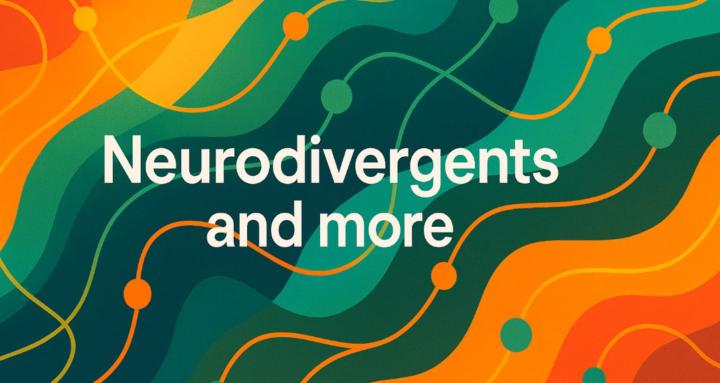4d (edited) • General discussion
Why Autistic People "Fail" at Work (Spoiler: It's Not About Autism)
Let me tell you about Sandra.
Brilliant software developer. Could debug complex code that made senior developers cry. But she "failed" at three different jobs.
Her crime? She couldn't handle the open office chaos, needed written instructions instead of verbal ones, and didn't participate in "team building" happy hours.
The companies' verdict: "Not a culture fit."
The real problem: They built a workplace for extroverted neurotypicals and then acted shocked when different brains struggled.
The Brutal Reality
Most workplaces aren't designed for autistic success. They're designed for neurotypical comfort.
Picture this: You're a deep-sea fish forced to work in a shallow pond, and everyone keeps asking why you can't swim properly.
It's not that you can't swim. You're just in the wrong fucking environment.
What "Autism-Friendly" Actually Means
Forget the corporate buzzword bullshit. Here's what autistic people actually need:
Sensory sanity: Quiet spaces without fluorescent lights that feel like torture devices.
Clear communication: Say what you mean. Mean what you say. Skip the neurotypical mind games.
Predictable structure: Routines and systems that don't change every five minutes because someone had a "brilliant" idea.
Depth over breadth: Let people obsess over their expertise instead of forcing them to be generalists.
The Plot Twist
When you get the environment right, autistic people don't just succeed - they dominate.
Sarah? After being "fired" for the third time, she went freelance. Built her own autism-friendly work environment. Now she charges $200/hour and has a six-month waiting list.
Her "failures" became her superpowers:
- Need for quiet → Deep focus that produces flawless code
- Preference for written communication → Clear documentation clients love
- Attention to detail → Quality that commands premium rates
- Systematic thinking → Processes that scale businesses
For My Autistic Freelancers
Stop trying to fit into neurotypical boxes. Build your own box.
Your ideal work environment might include:
- Noise-canceling headphones as standard equipment
- Written briefs for every project (non-negotiable)
- Scheduled check-ins, not random interruptions
- Time to process information before meetings
- Sensory breaks when you need them
Don't apologize for these needs. Price them into your services.
For Everyone Else
If you're working with autistic people, here's your cheat sheet:
Do this: Be direct, provide written instructions, respect their need for routine.
Don't do this: Spring surprise meetings, use vague language, assume they're being difficult when they ask for clarification.
The payoff: Some of the most reliable, innovative, and detail-oriented work you've ever seen.
The Bottom Line
Autism isn't a workplace disability. Bad workplace design is.
When you create environments where autistic brains can thrive, everyone wins. The autistic person gets to use their superpowers, and you get results that blow your mind.
Question: What's one change you could make to your work environment (physical or virtual) that would help your autistic brain function better?
Share below. Let's normalize designing workspaces for all kinds of minds, not just the loud, extroverted ones.
Because the world needs autistic excellence, not neurotypical conformity.
0
0 comments
powered by

skool.com/nomad-business-academy-2801
If you think you are different, welcome in a neurodivergent community! Let's share good practices and motivational tips.
Suggested communities
Powered by
